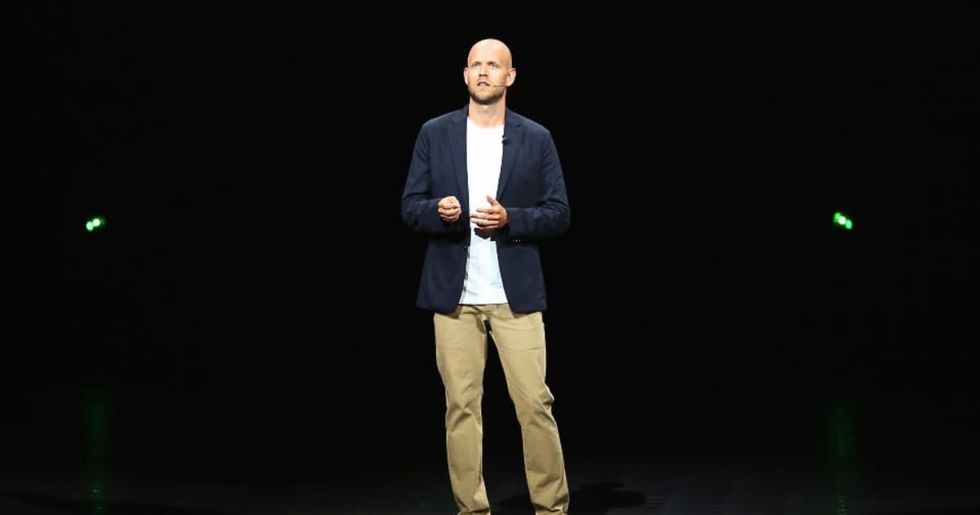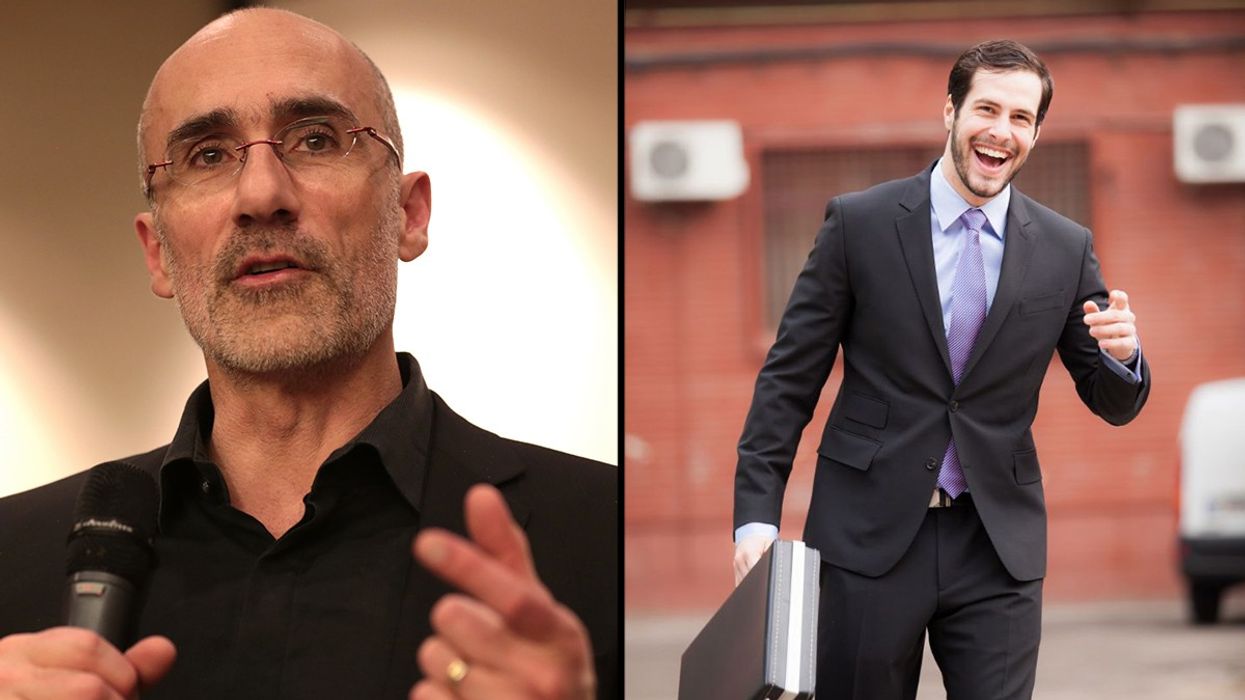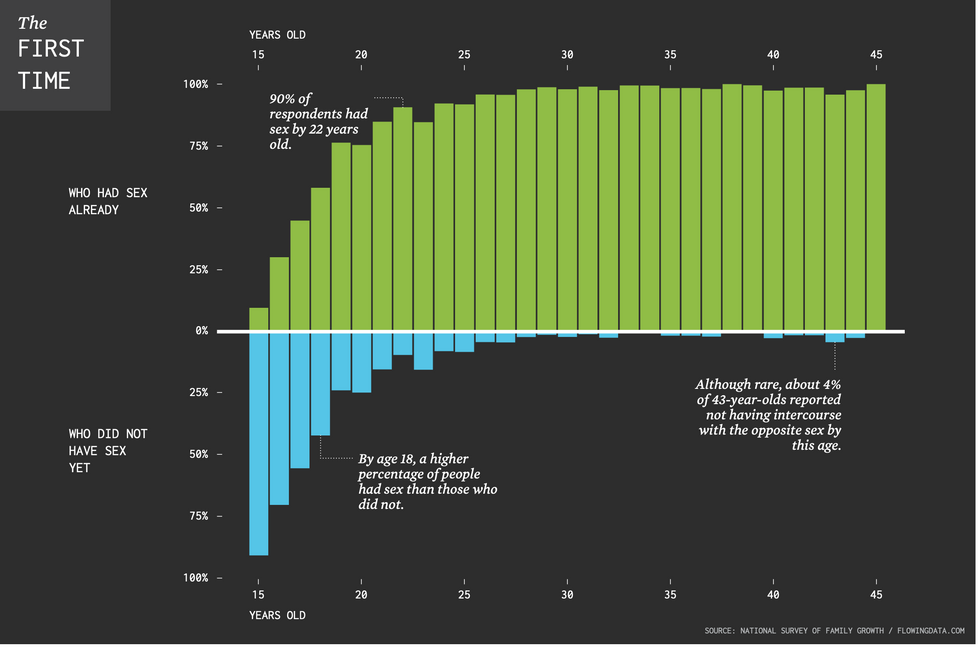Spotify CEO Daniel Ek has come up with a unique hack that he believes will help create stronger relationships and foster meaningful conversations at work. Ek has revealed that holding walking meetings can rejuvenate relationships in our lives and could be a much-needed boost to strengthen communication with our loved ones.

According to Ek, walking while having conversations not only promotes physical well-being but also creates an environment conducive to open dialogue and connection. It's a simple yet effective way to break free from the constraints of traditional office settings. In response to a tweet from the NY Times, which talked about the benefits of conducting walking meetings, Ek expressed his personal experiences on the "walk and talk" approach as he said, “I have built so many meaningful relationships and had so many impactful conversations while walking and talking that it probably counts as one of my biggest life hacks.”
Ek may have advocated for the benefits of the 'walk-and-talk' approach but the good news is, even science backs the fact that the power of walking has plenty of advantages. The idea of holding on-foot conversations may vary from person to person, but science has given a logical reasoning for the success of the approach. According to a 2021 article in the Journal of Environmental Psychology, one vital aspect was highlighted—exposure to sunlight, which can improve mood in those with depression.
In an experiment conducted by researchers, a pool of 40 participants, mostly female, were divided into two groups. One group received career coaching on nature walks; the other received career coaching in a traditional setting. The main aim of this research was to look for improvements in areas like burnout, “bore-out,” distress, concentration problems, work pleasure and engagement, hope, and mindfulness.
The results revealed some surprising facts. People who received traditional coaching improved somewhat in some areas midway through the program, but those improvements began reversing themselves by the end, leaving no lasting positive benefit, the authors found. On the other hand, the other set of people who received nature-based walk-and-talk coaching showed steady progress and continued improvement in most areas.
Currently, we live in an era where virtual communication has slowly become a dominating mode of communication; therefore, incorporating this practice can bring a refreshing change and enable people to improve and even foster better relationships with colleagues, clients, and even friends.

















 A symbol for organ donation.Image via
A symbol for organ donation.Image via  A line of people.Image via
A line of people.Image via  "You get a second chance."
"You get a second chance." 


 36 is the magic number.
36 is the magic number. According to one respondendant things "feel more in place".
According to one respondendant things "feel more in place". 
 Some plastic containers.Representational Image Source: Pexels I Photo by Nataliya Vaitkevich
Some plastic containers.Representational Image Source: Pexels I Photo by Nataliya Vaitkevich Man with a plastic container.Representative Image Source: Pexels | Kampus Production
Man with a plastic container.Representative Image Source: Pexels | Kampus Production
 Photo by
Photo by 
 Canva
Canva It's easy to let little things go undone. Canva
It's easy to let little things go undone. Canva
 Teens are waiting longer than at any point in the survey’s history. Canva
Teens are waiting longer than at any point in the survey’s history. Canva Chart on the age of a person’s first time having sex.National Survey of Family Growth/flowing data.com | Chart on the age of a person’s first time having sex.
Chart on the age of a person’s first time having sex.National Survey of Family Growth/flowing data.com | Chart on the age of a person’s first time having sex.